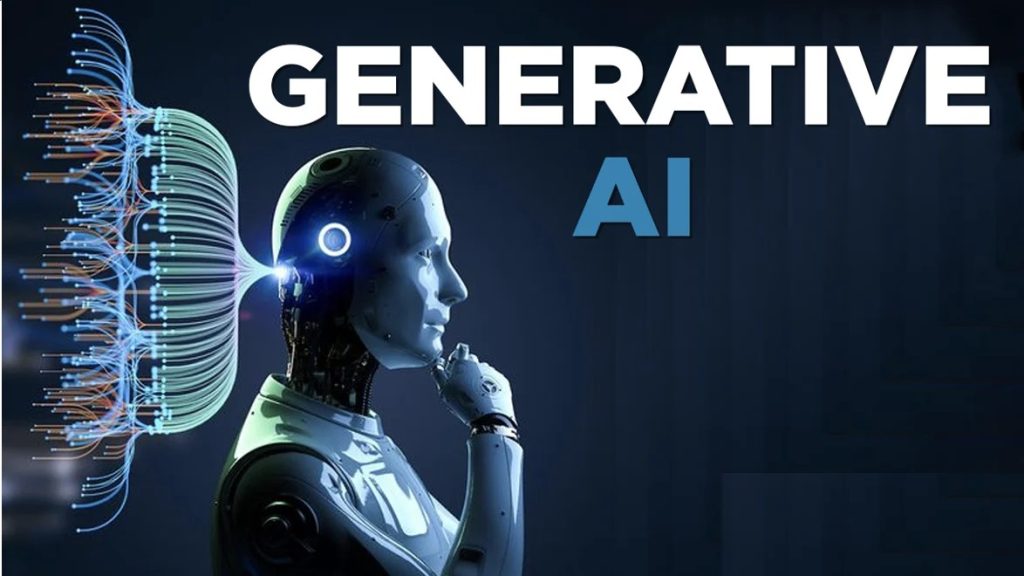

Generative AI refers to artificial intelligence systems that can create new content, including text, images, videos, music, and even code. Unlike traditional AI, which primarily analyzes data and provides insights, generative AI produces original and high-quality outputs based on patterns it has learned from vast datasets.
Generative AI models are trained on massive amounts of data using deep learning techniques, particularly neural networks. These models use algorithms like Generative Adversarial Networks (GANs) and Transformer models (such as GPT for text and Stable Diffusion for images) to generate realistic and high-quality content.
🔹 Content Creation: Automated writing, blogging, scriptwriting, and ad copy generation.
🔹 Image & Video Generation: AI-generated art, deepfakes, and realistic video synthesis.
🔹 Chatbots & Virtual Assistants: AI-driven customer support and conversational agents.
🔹 Music & Audio Production: AI-composed music, voice cloning, and podcast automation.
🔹 Coding Assistance: AI-powered code completion and debugging tools.
🚀 Marketing & Advertising: AI-powered campaigns, personalized content, and automated social media posts.
🎨 Design & Art: AI-generated graphics and branding materials.
🎬 Entertainment & Media: AI-written scripts, video editing, and music production.
📚 Education & Research: AI tutors, personalized learning experiences, and automated research paper generation.
💻 Software Development: AI-assisted programming, debugging, and code optimization.
Generative AI is rapidly evolving and will continue to reshape industries by enhancing creativity, automating tasks, and improving efficiency. However, ethical considerations, such as misinformation, bias, and intellectual property rights, remain crucial challenges that need to be addressed.

WhatsApp us